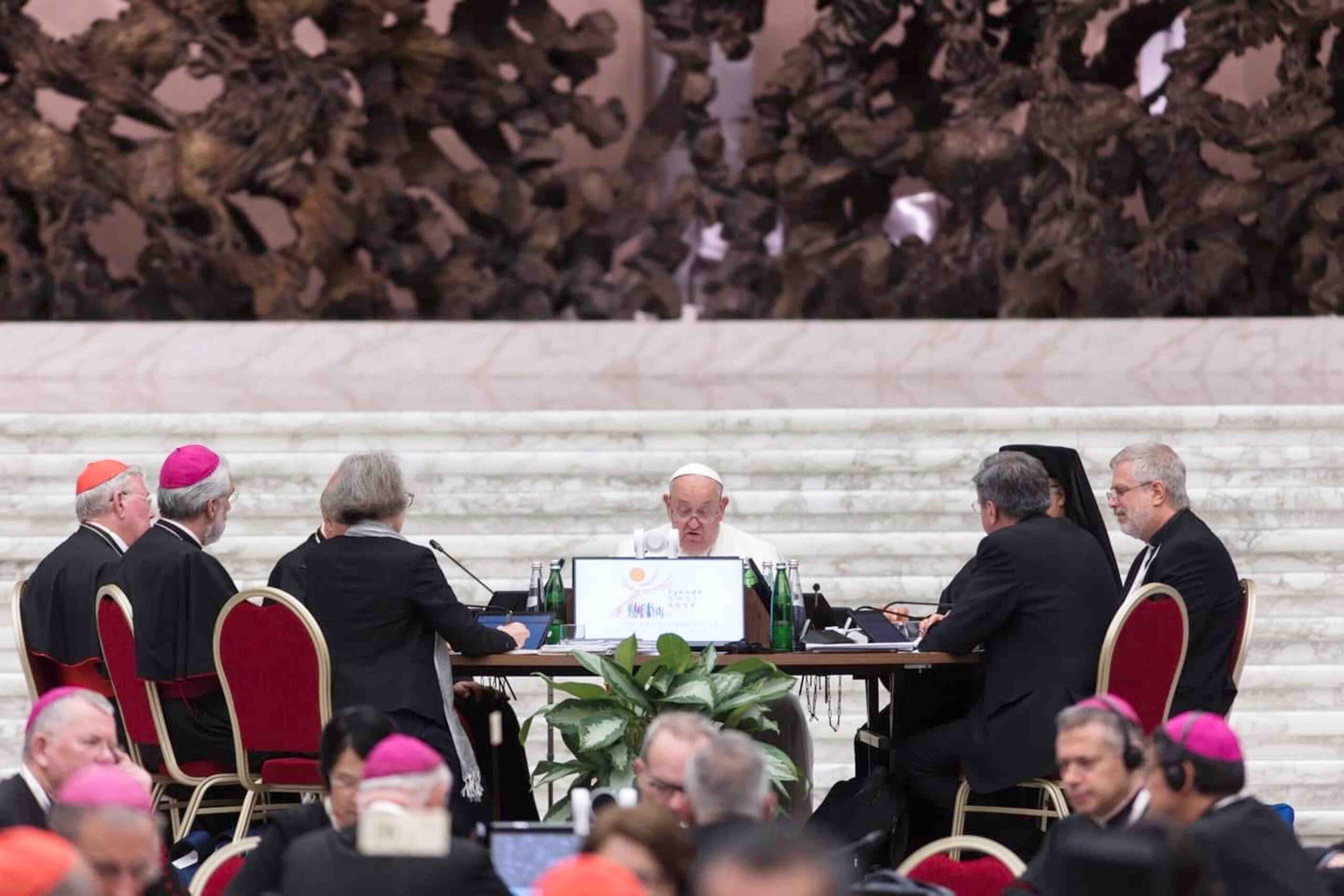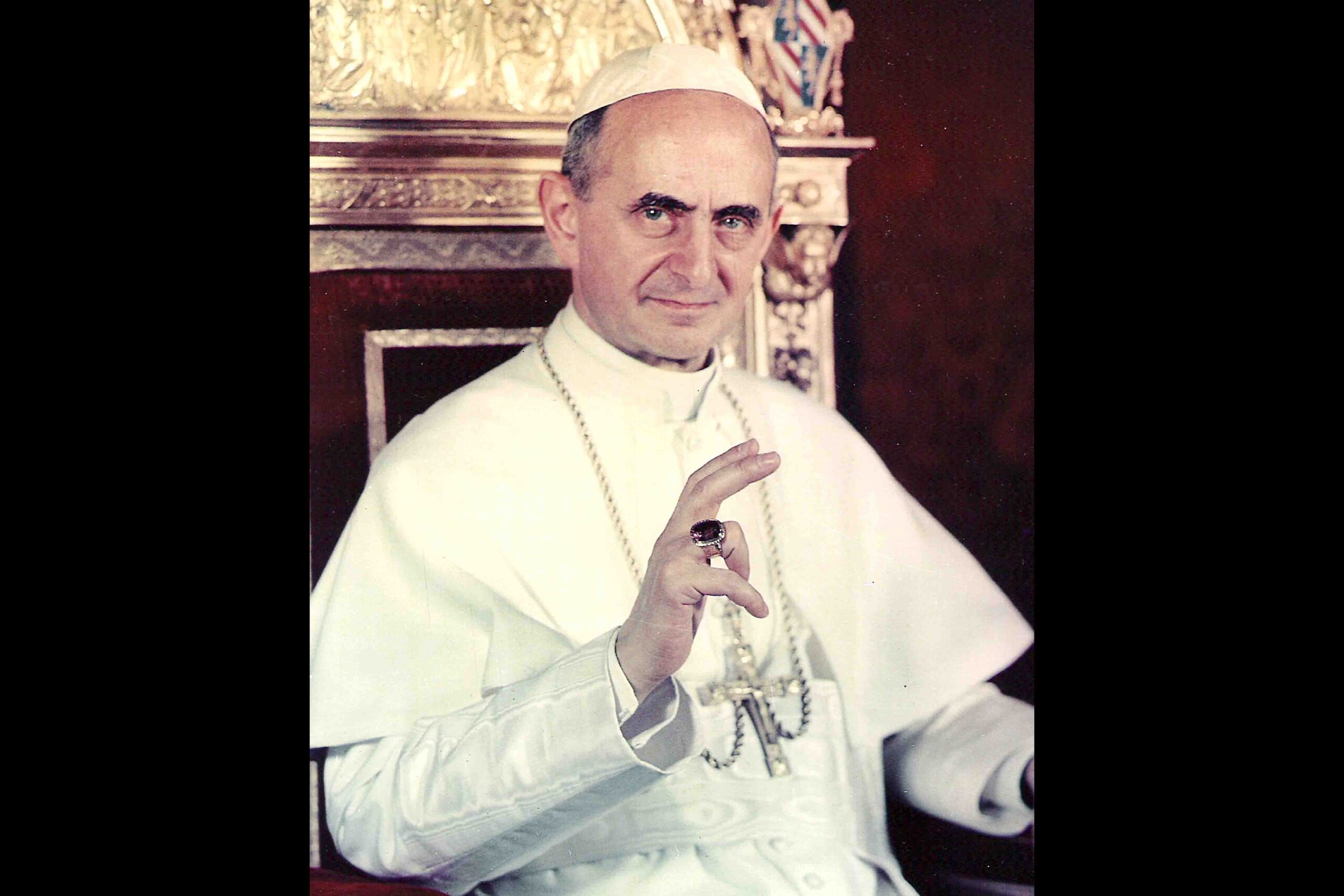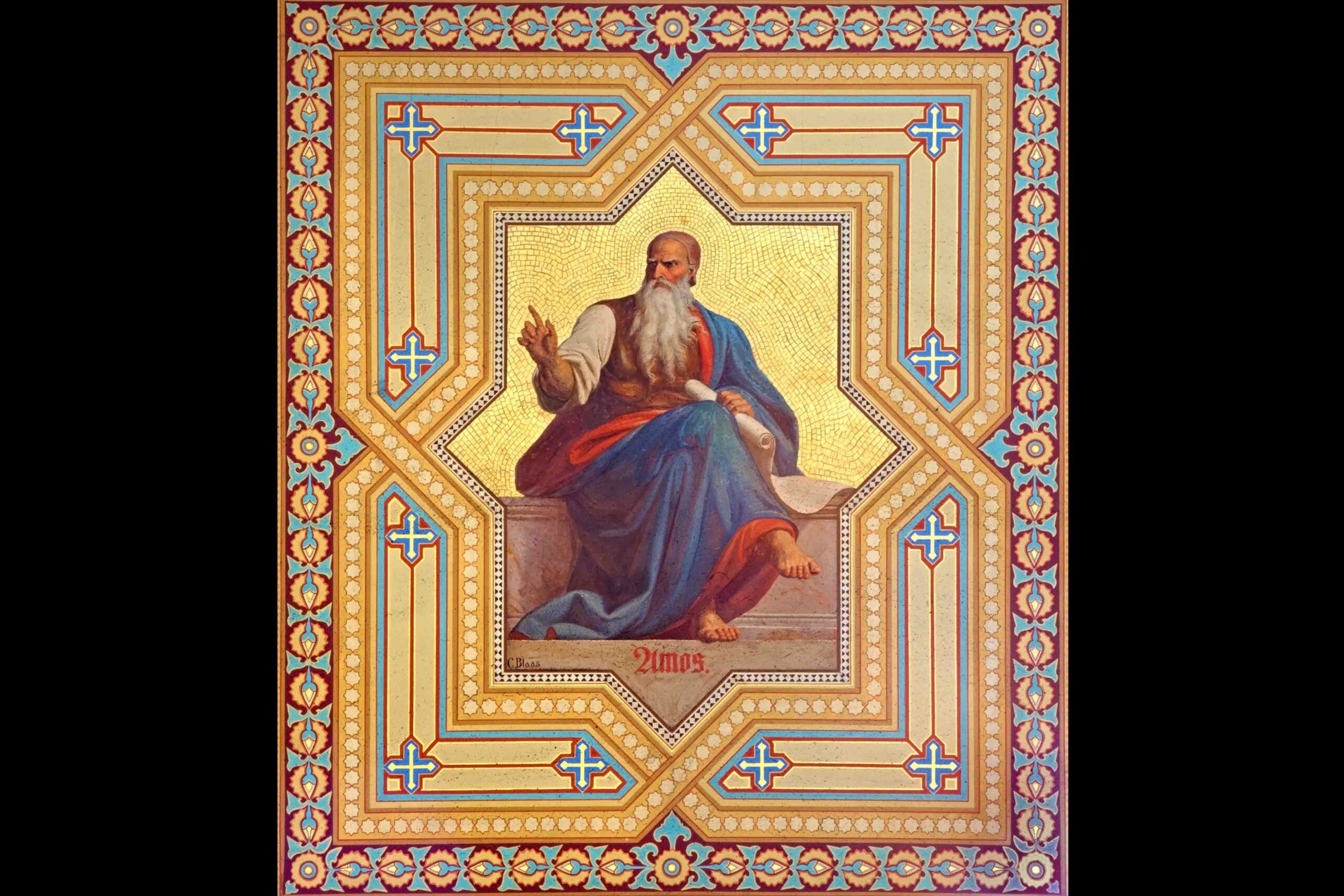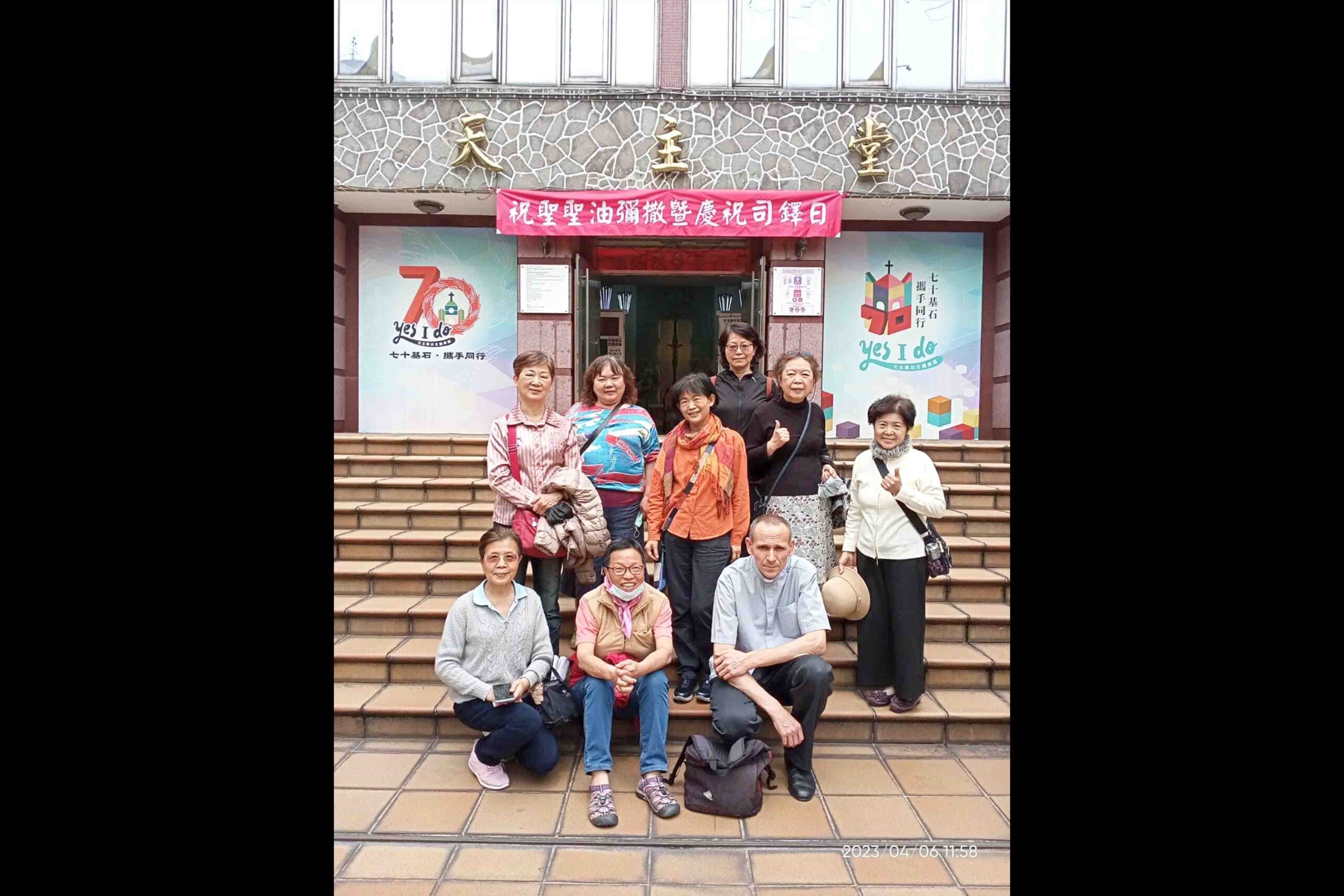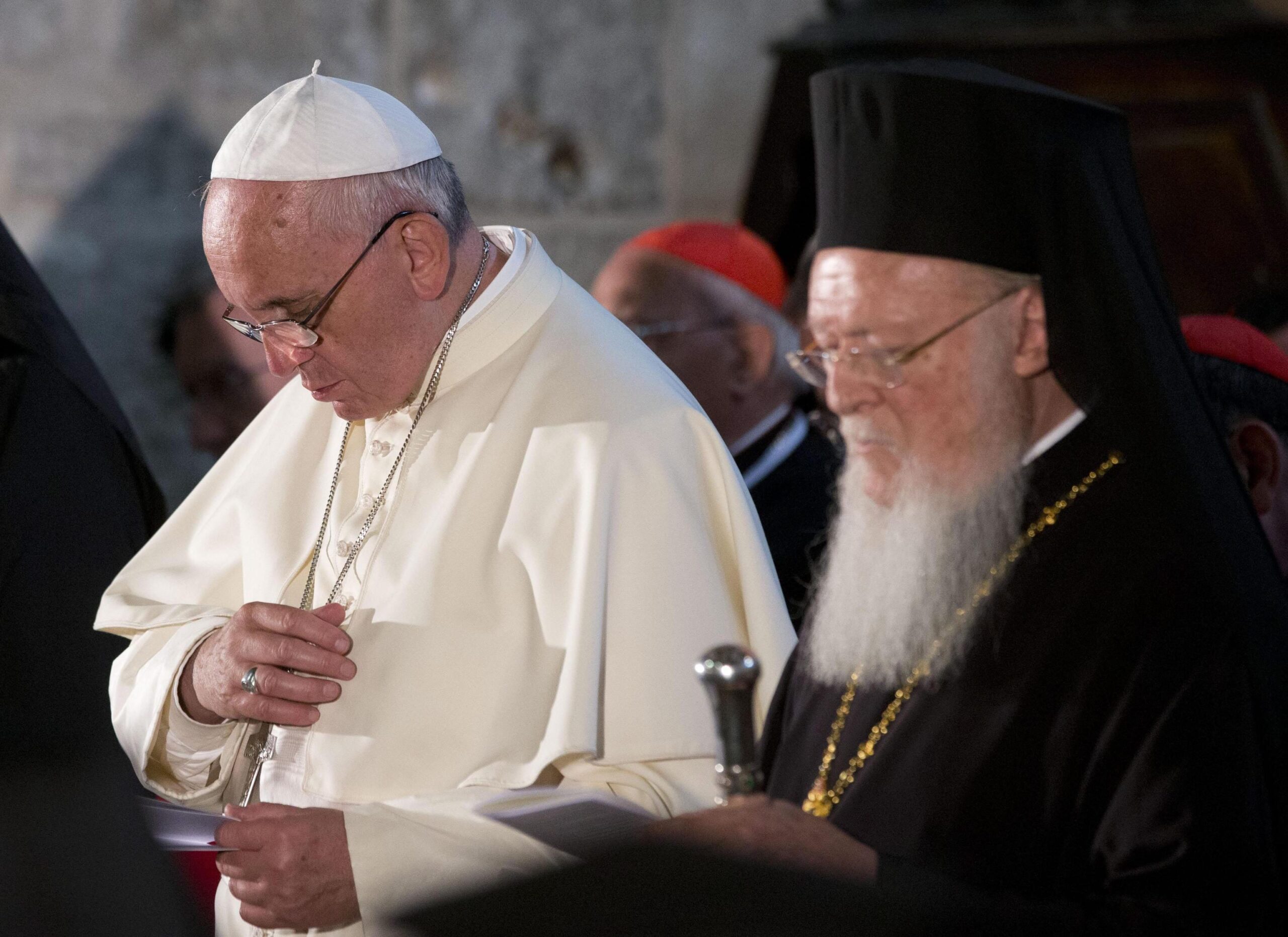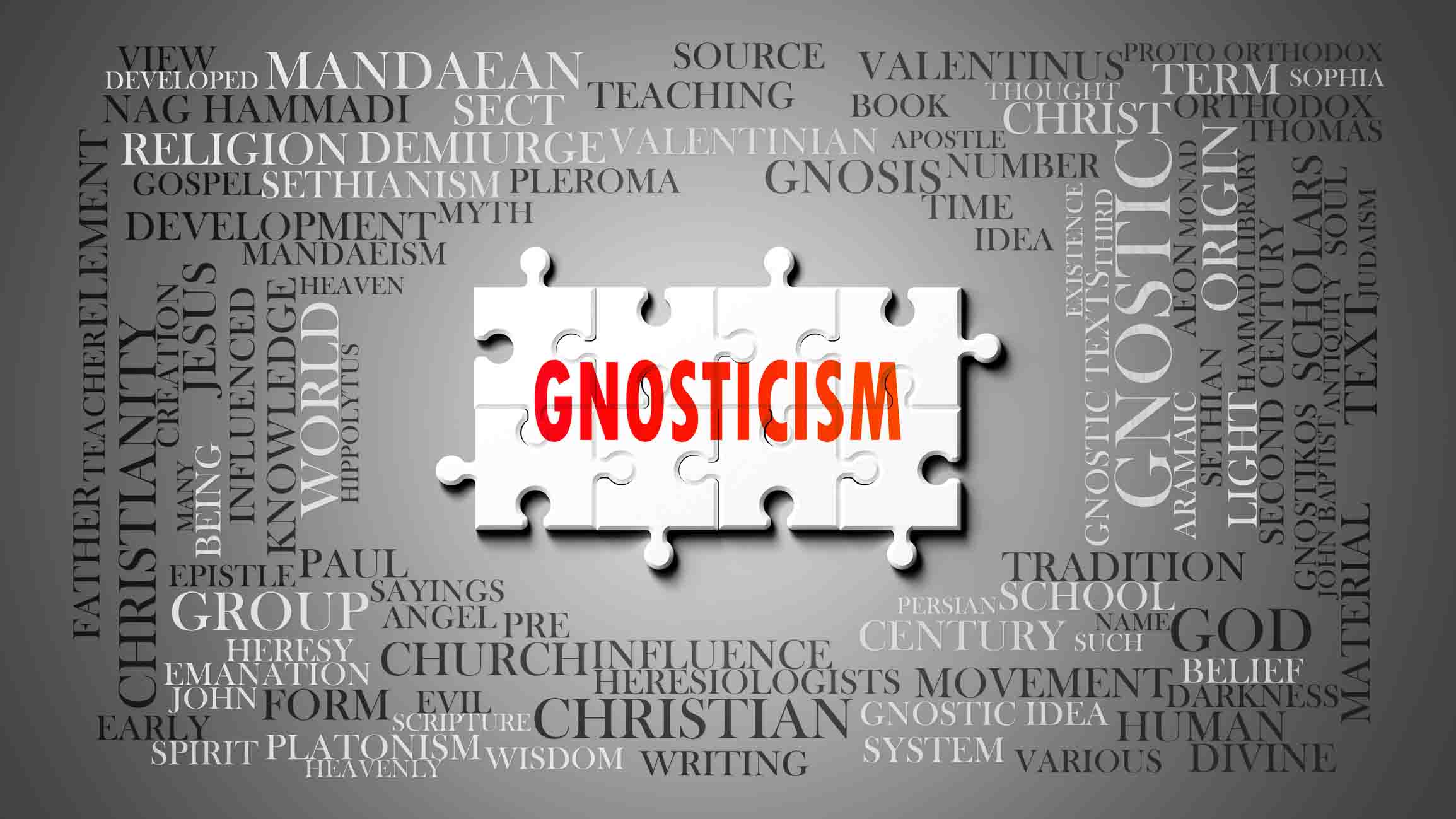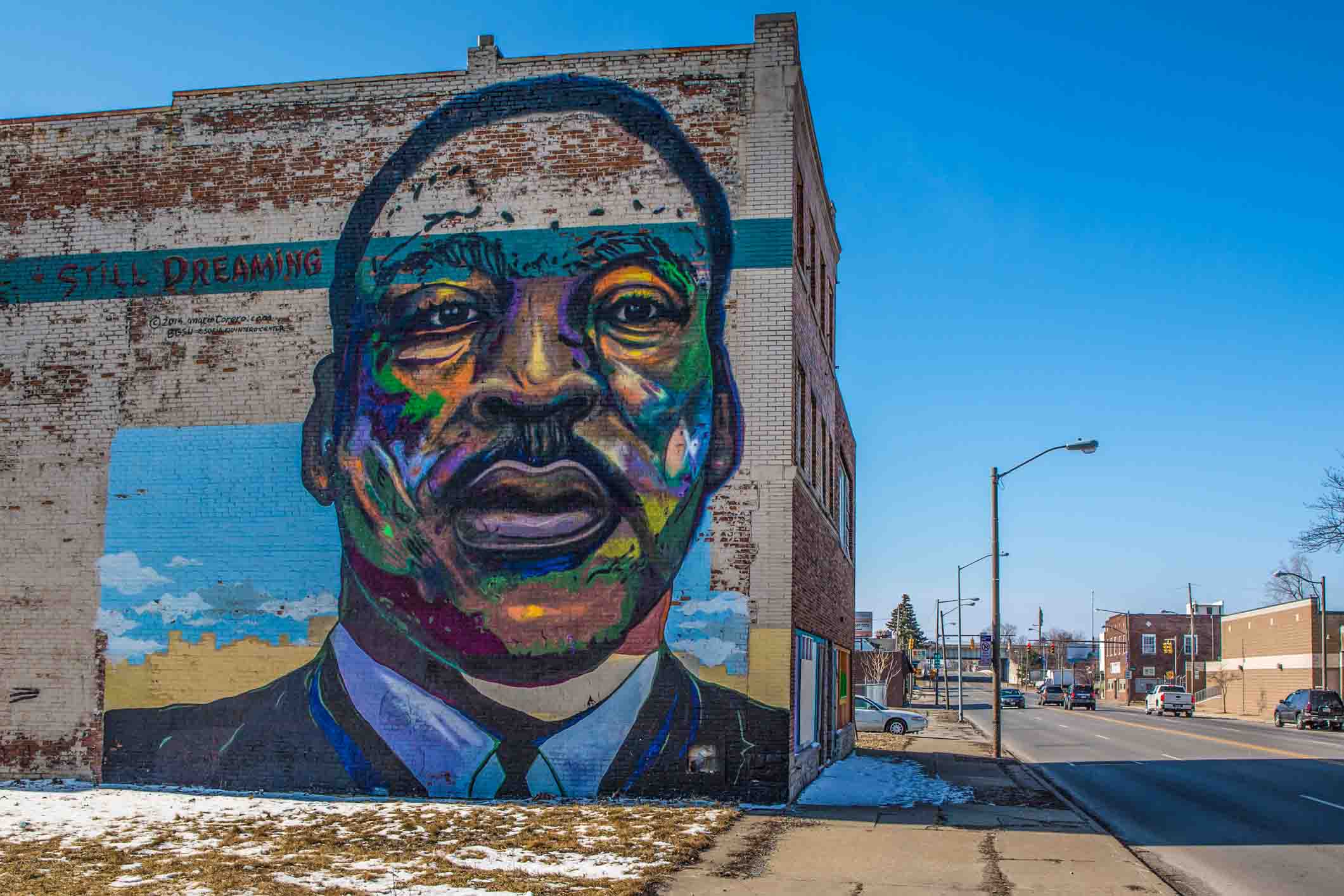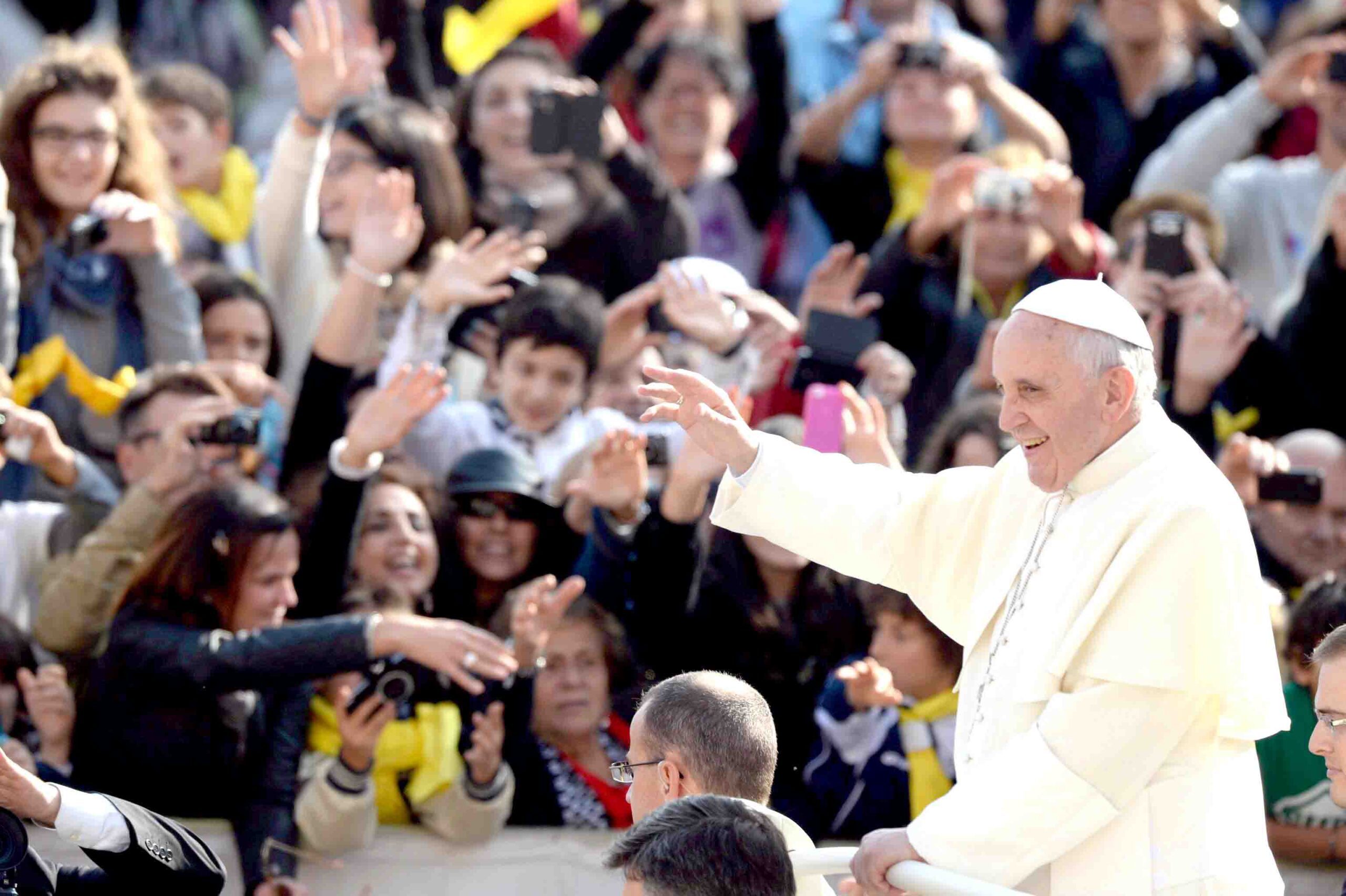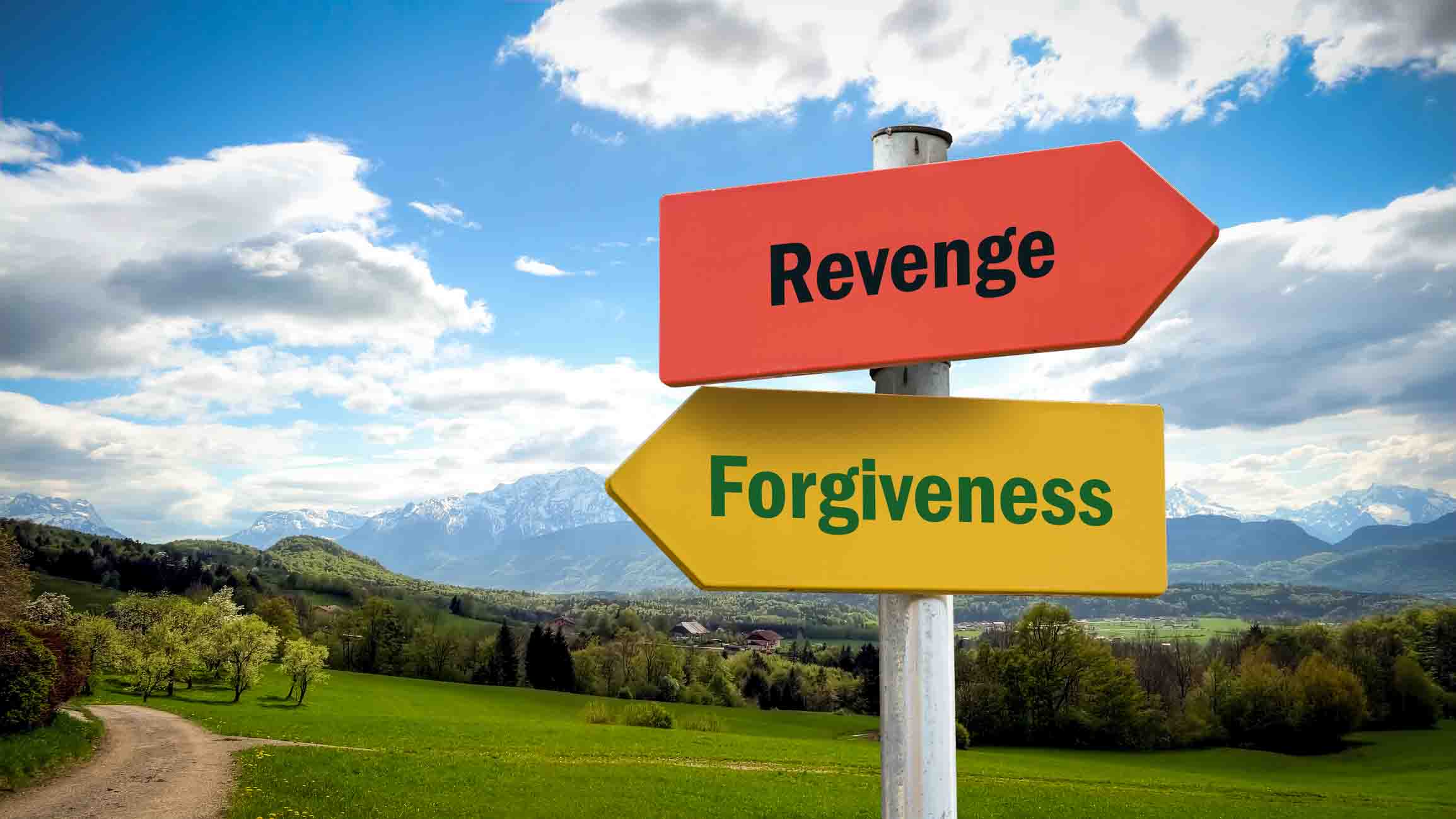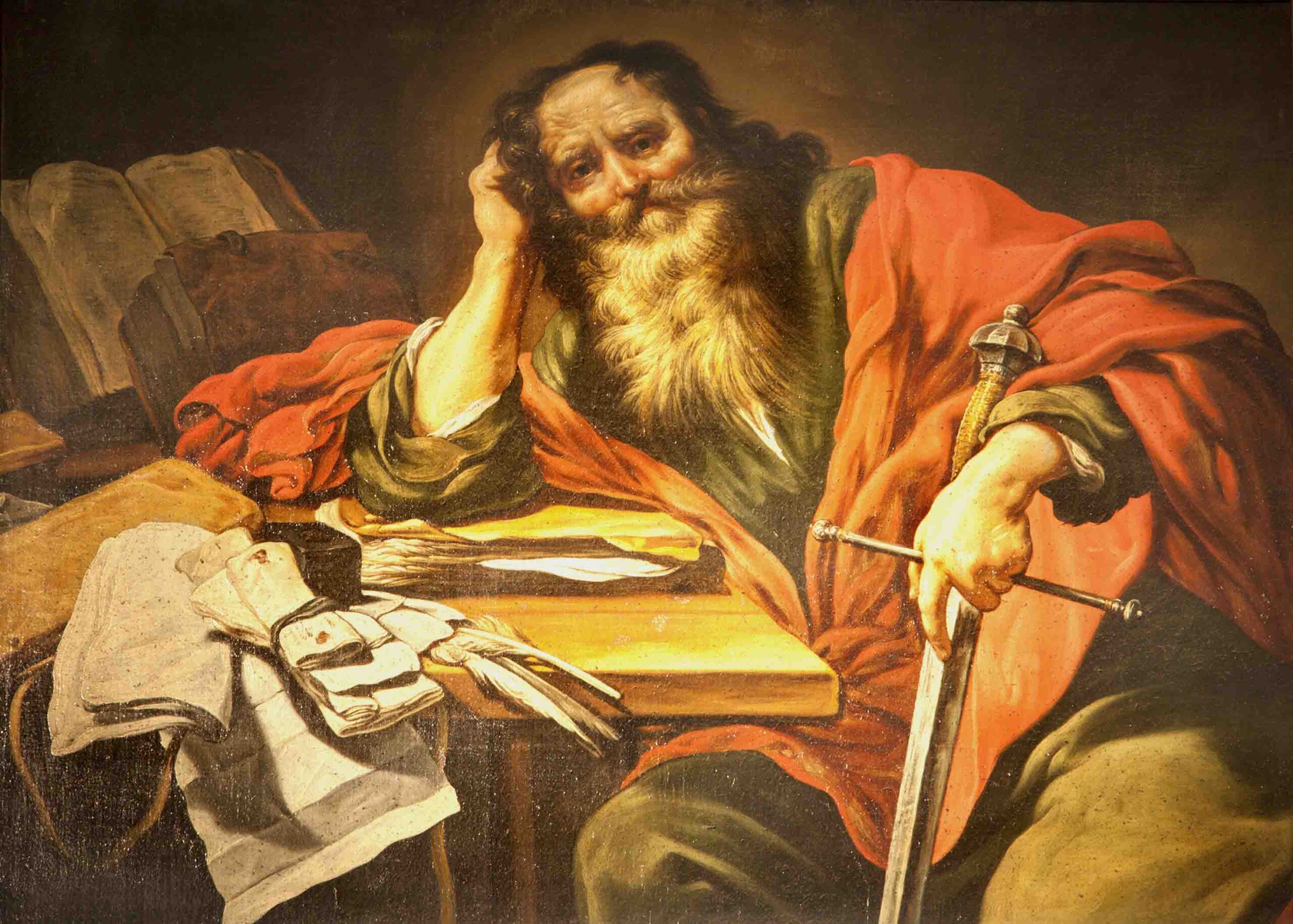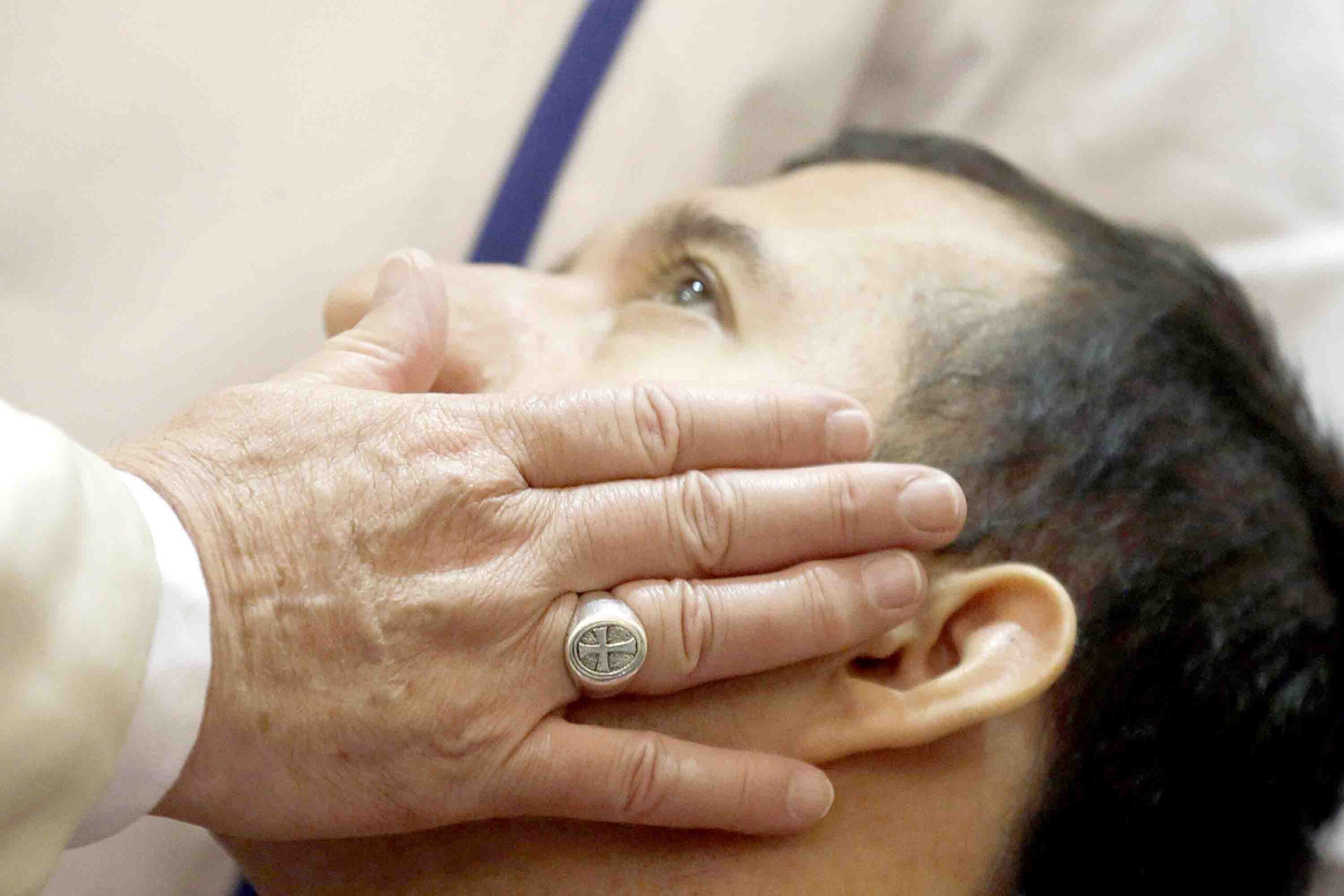In traditional societies, people longed to be guided by a wise man. But today, unfortunately, the one who wins admiration is the boaster, the amoral economic performer, and the partisan bully who can push his country’s nationalistic interests or community’s sectarian interests ahead. He wishes to show himself a ‘Strongman’ who will get things done for his supporters. He often claims to represent the ‘will of his people’. Beneficiaries readily yield. Poor uninformed crowds are misled by falsehoods cleverly created by a cute think tank.
Gradually, a point is reached when the masses themselves become passionate about holding on to falsehoods with which they have been fed and presenting them as facts. What blinds them may be cultural nationalism, religious fanaticism, hatred of minorities, or fear of immigrants, but they remain locked within their own sectarian interests.
Other social analysts link the weakening of democracy and the rise of autocrats worldwide to the sudden boom of billionaires, most of whom want to keep the benefit of this prosperity to themselves. According to Forbes Magazine, during the COVID period, the wealth of billionaires grew from $8 trillion to $13 trillion in 12 months, with China producing a new billionaire every 36 hours. While America has 724 billionaires, China has 626, India 140, and Russia 120. Such a growth rate is something that lifetime earnings could not have achieved. The poor and the weak are the victims.
COLLECTIVE RESPONSIBILITY
In periods of crisis, the sense of collective responsibility is usually awakened in human society. People begin to think together and explore ways of preventing an impending disaster. Today’s situation calls for some such sort of alertness. It has definitively to be a collective venture.
Michiko Kakutani, an American journalist, contends that this will not happen unless citizens try to acquire adequate information about issues that affect their lives. They run the risk of losing control of important decisions while their democracy is being hijacked by ignorant demagogues.
Legislators, for example, ought to have a sense of mission towards their constituency, and towards the larger society. They should keep their ties with the local communities they represent and be an animating force among them with reference to democratic values and ethical principles. So should media personnel foster a sense of mission; so should activists, scientists, thinkers, speakers, artists, educators and religious teachers. They should take initiative in bringing back sober thinking to civil society.
Street protests have always remained an option for democracy. But thinkers have a further duty to create a culture that respects the thinking power of citizens. After all, problems are resolved in a dignified way and with a long-term vision only in conference halls and legislative assemblies. The young people in the streets of Ukraine and Tahrir Square in Egypt desperately wanted to bring democracy to their land. But demonstrations alone did not achieve that. Ukraine had three revolutions in 25 years, but the situation did not improve for all that. Russia has merely taken advantage of this internal weakness.
Political activists should move away from the use of muscle-power and gun-power to the exercise of mind-power. Chaotic protests as they lengthen out merely go to strengthen the longing for a ‘Strongman’ in people with a weak sense of security. And there are many today. Democracy stands sturdily between chaos and authoritarianism.
One needs to be aware of this truth: absolute disorder to absolute power is only a small step. In fact, ongoing social chaos or intractable problems before which society feels helpless has always been the immediate cause of the rise of a ‘Strongman’. So it was in primitive societies, amidst tribal conflicts, in street fights, neighborhood tussles, racial clashes, economic protests, political revolutions… and in today’s postmodern society as well. The emergence of Trump becomes intelligible in this context. Many more seem to be on the way in the European Union…and elsewhere.
HOPE FOR THE DARKEST NIGHT
Alexander rose when Greek society was humiliated by the Persians and Greek social order was going haywire, Caesar when the Roman Republic was collapsing, Napoleon when the revolution was going anarchic, Mussolini and Hitler to address a host of problems in their newly united nations. People surrender to a ‘Strongman’ when social disorder reaches a climax. That is why what is urgently needed is this: Intelligence must be invoked, the resources of collective thinking must be tapped. Amartya Sen gives enormous importance to what he calls “public reasoning.”
Arnold Toynbee speaks of a “creative minority” who think, reflect, and update their ideas and seek to introduce unforeseen changes into their society. That is the law of nature. That is where committed intellectuals play a responsible role. They realize that in today’s interconnected world, the creeping and subtle authoritarianism of illiberal elected leaders is a greater threat to democracy than if they were to crush it with tanks in the city square. The ‘thinking minority’ must hold up solutions. Hope sustains us even in the “darkest night” says Pope Francis.










